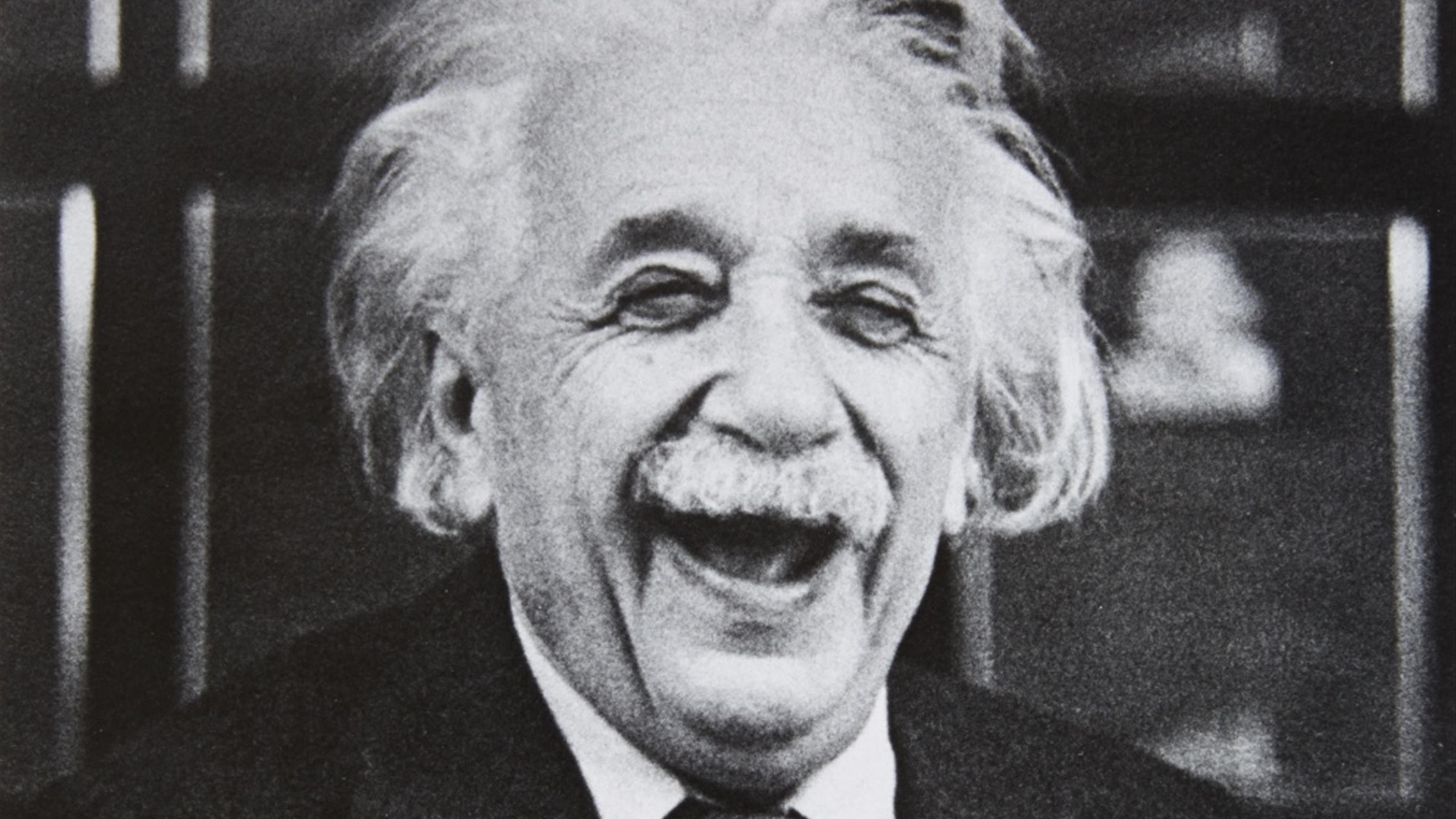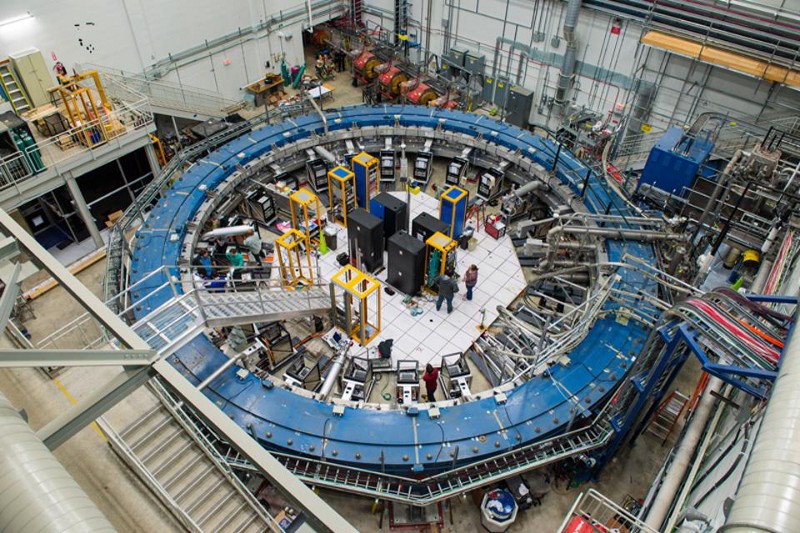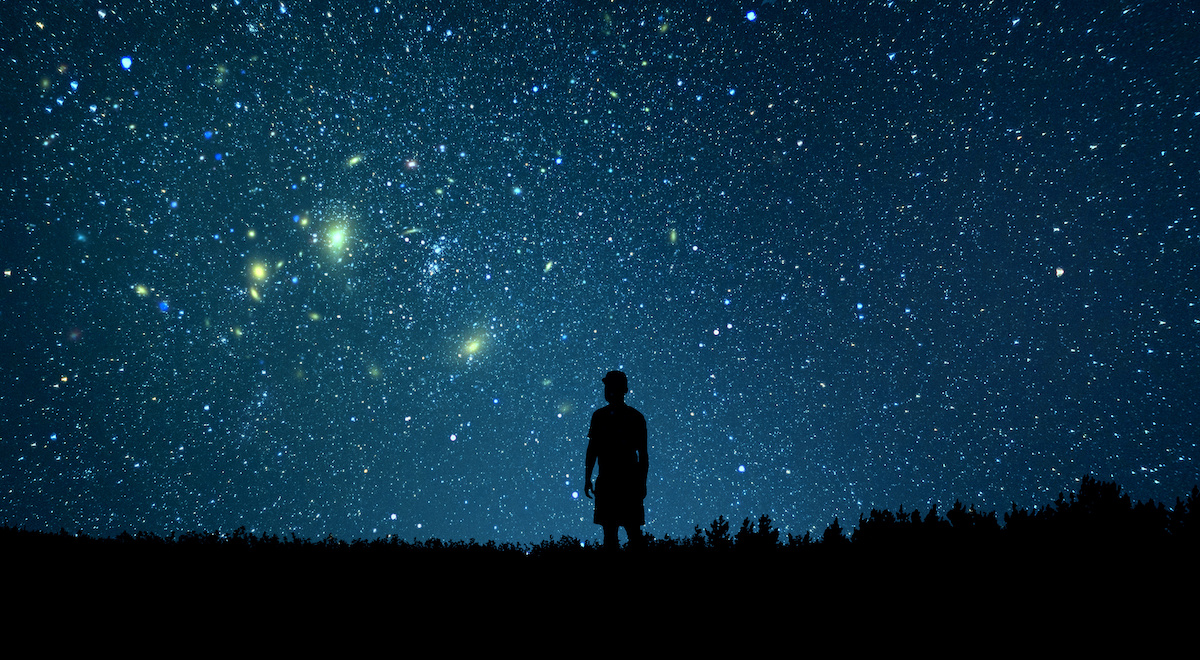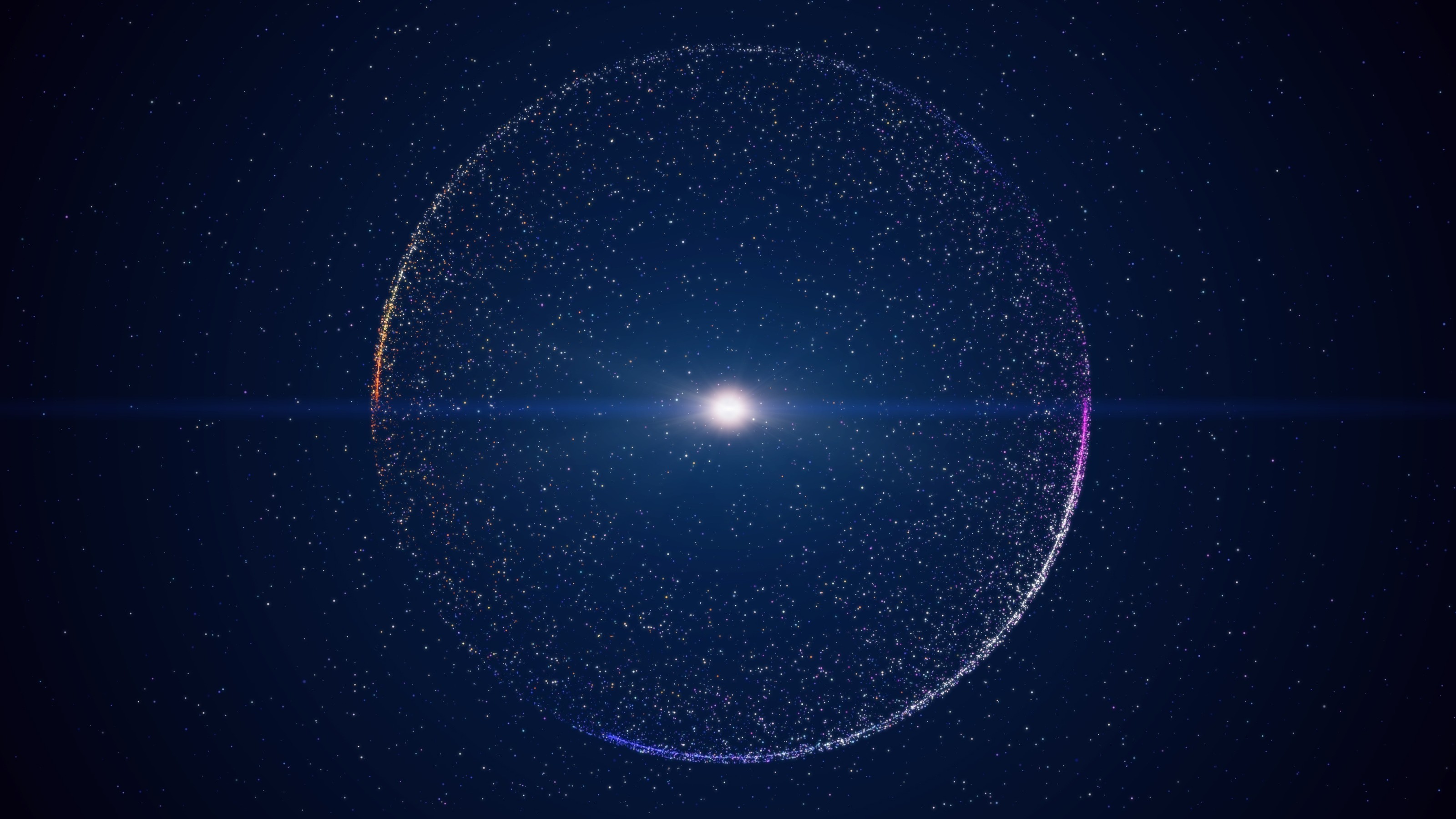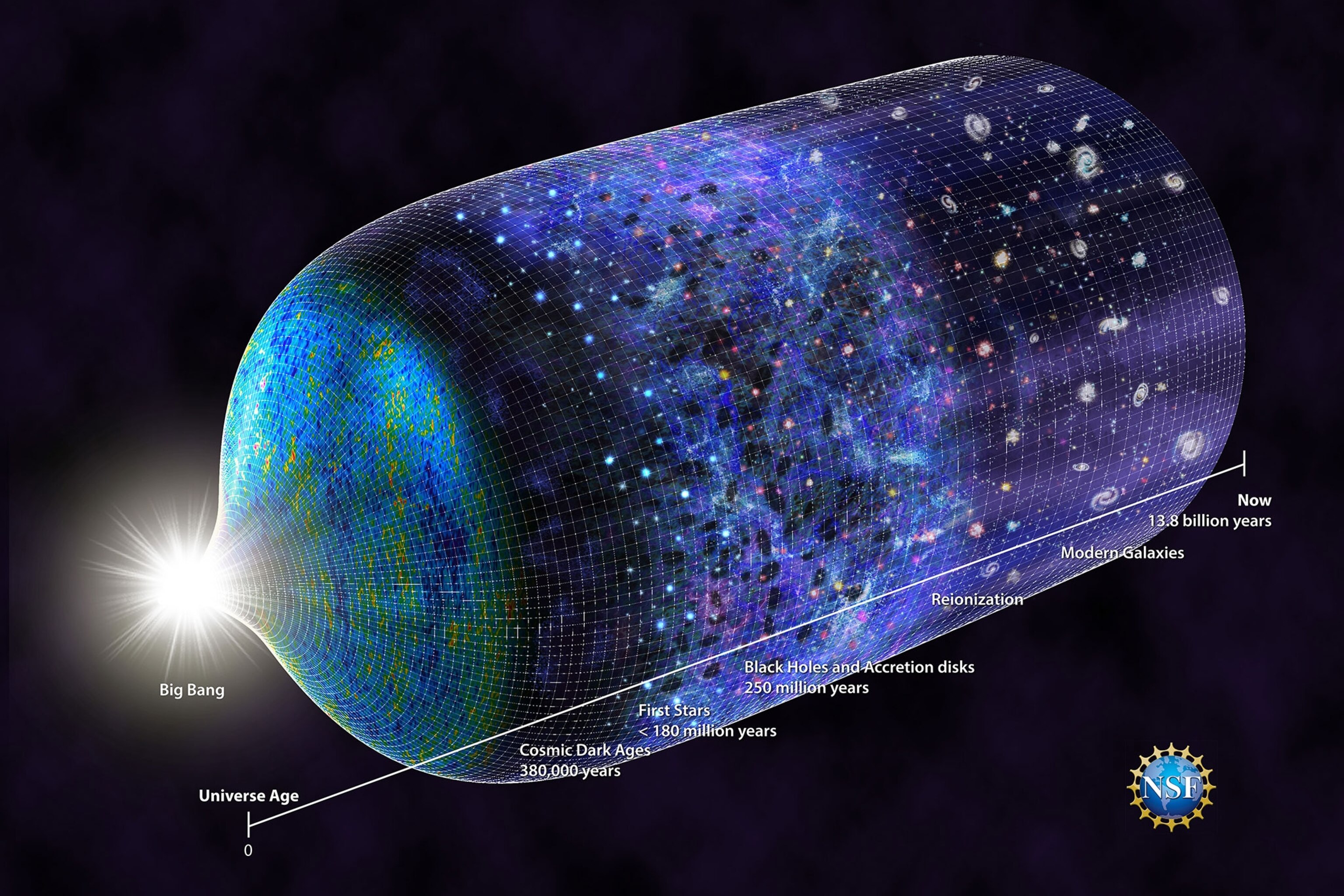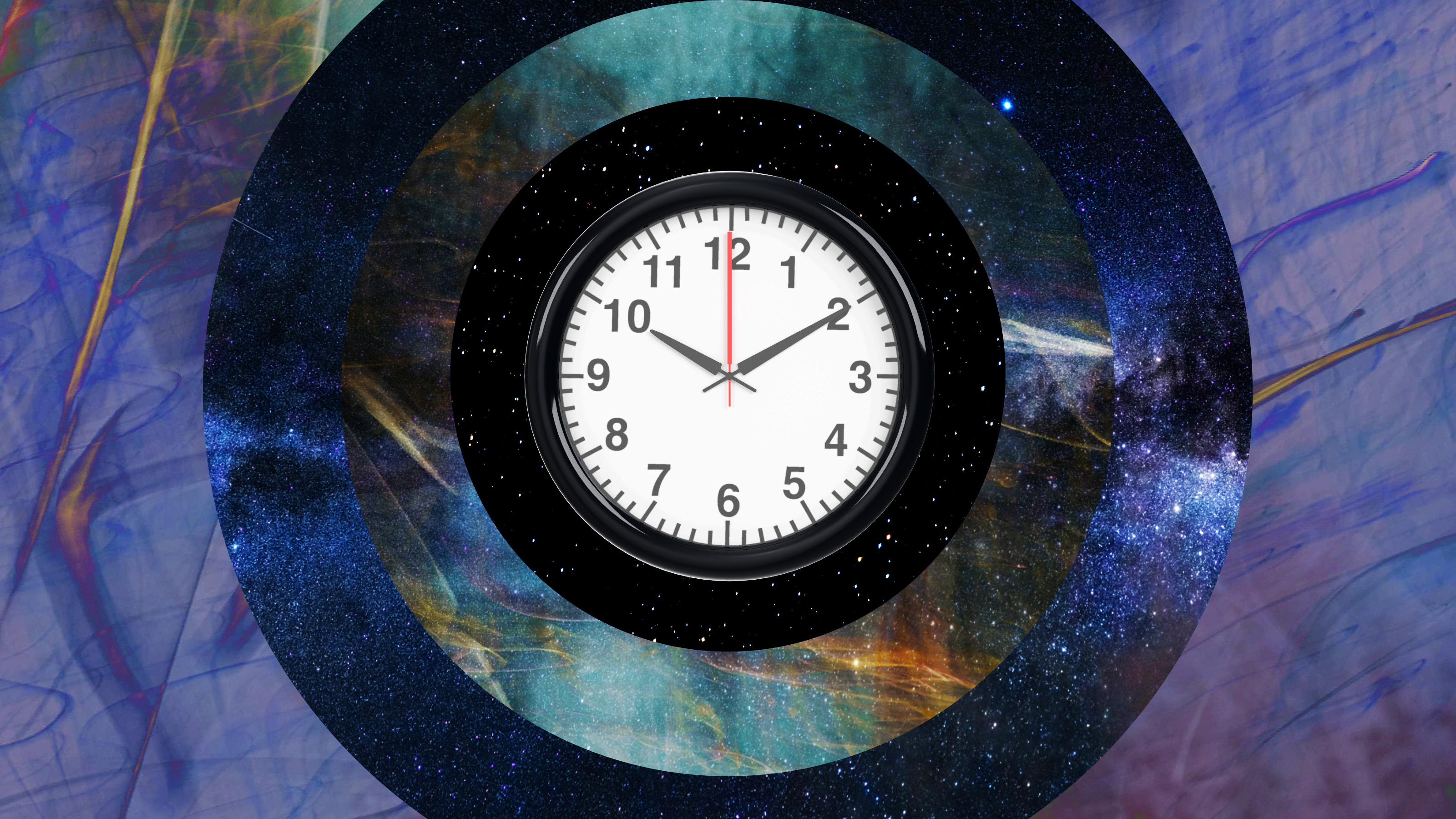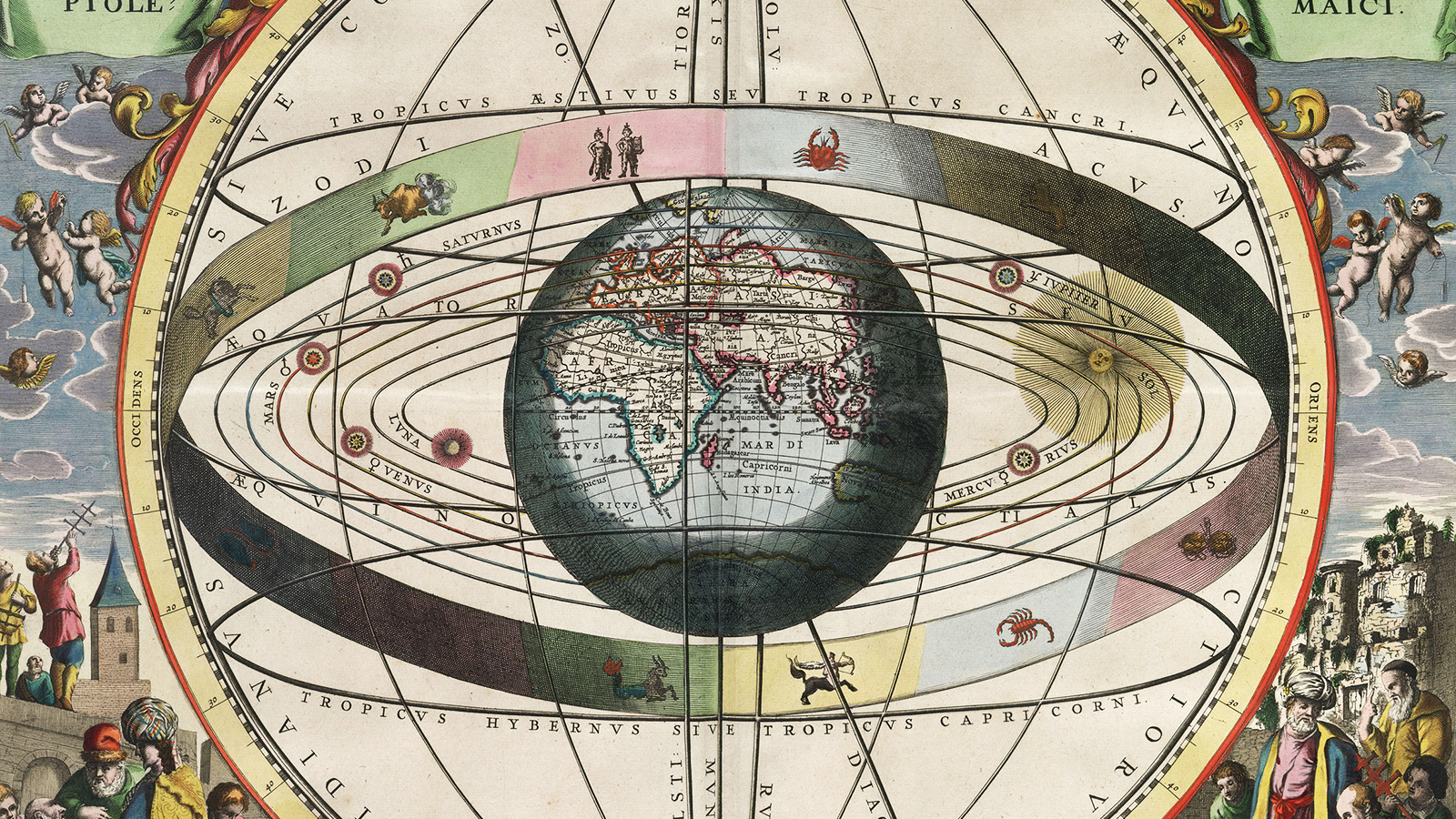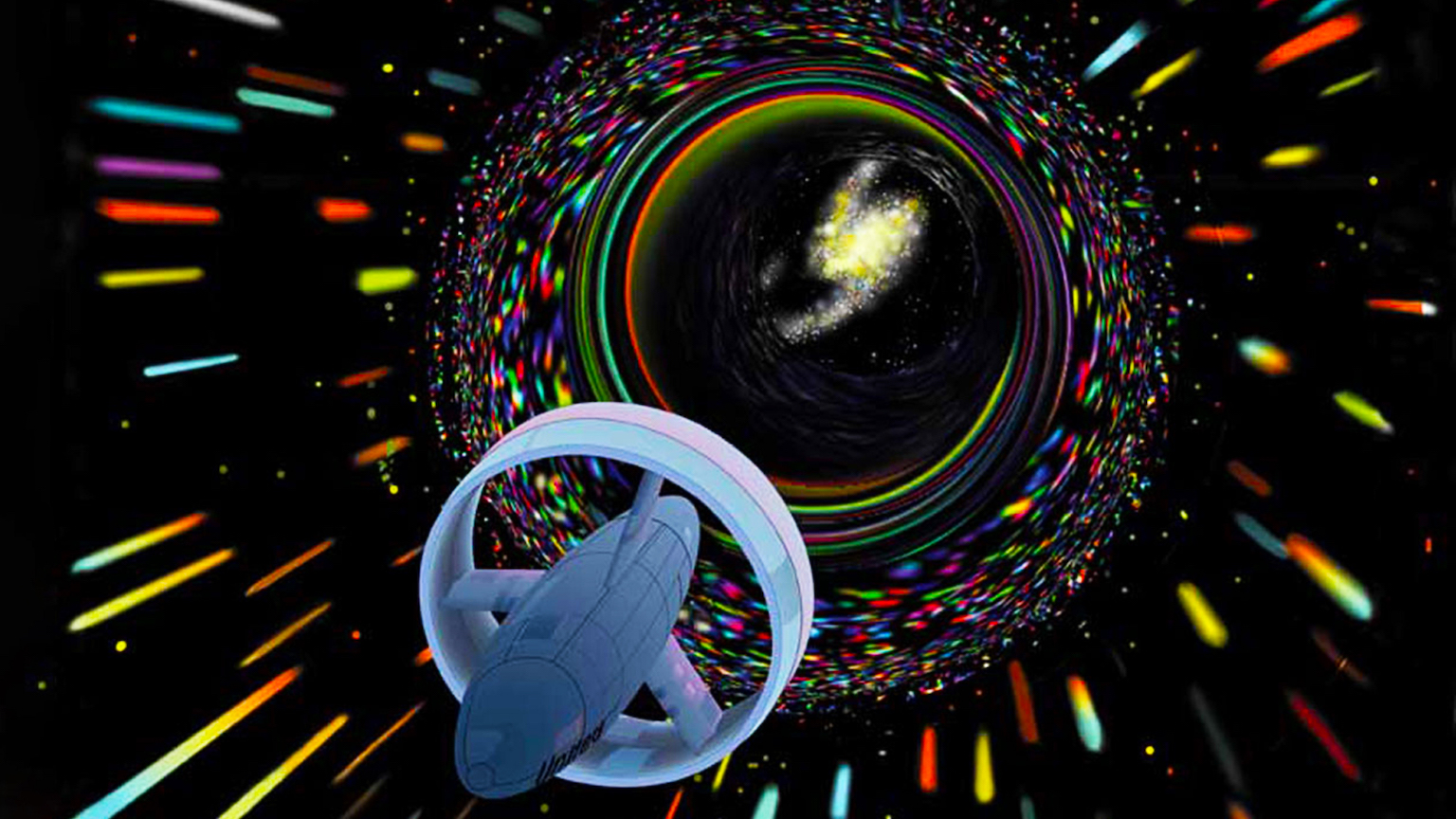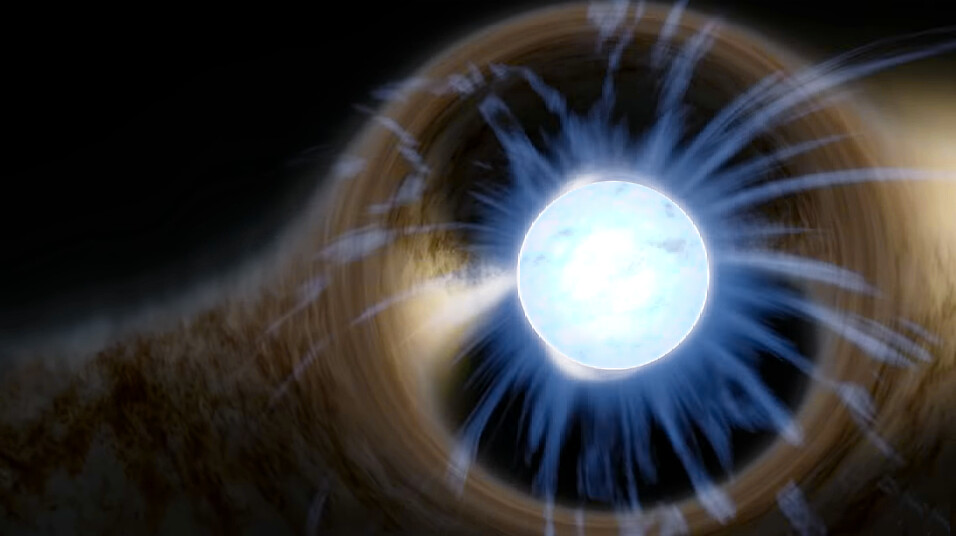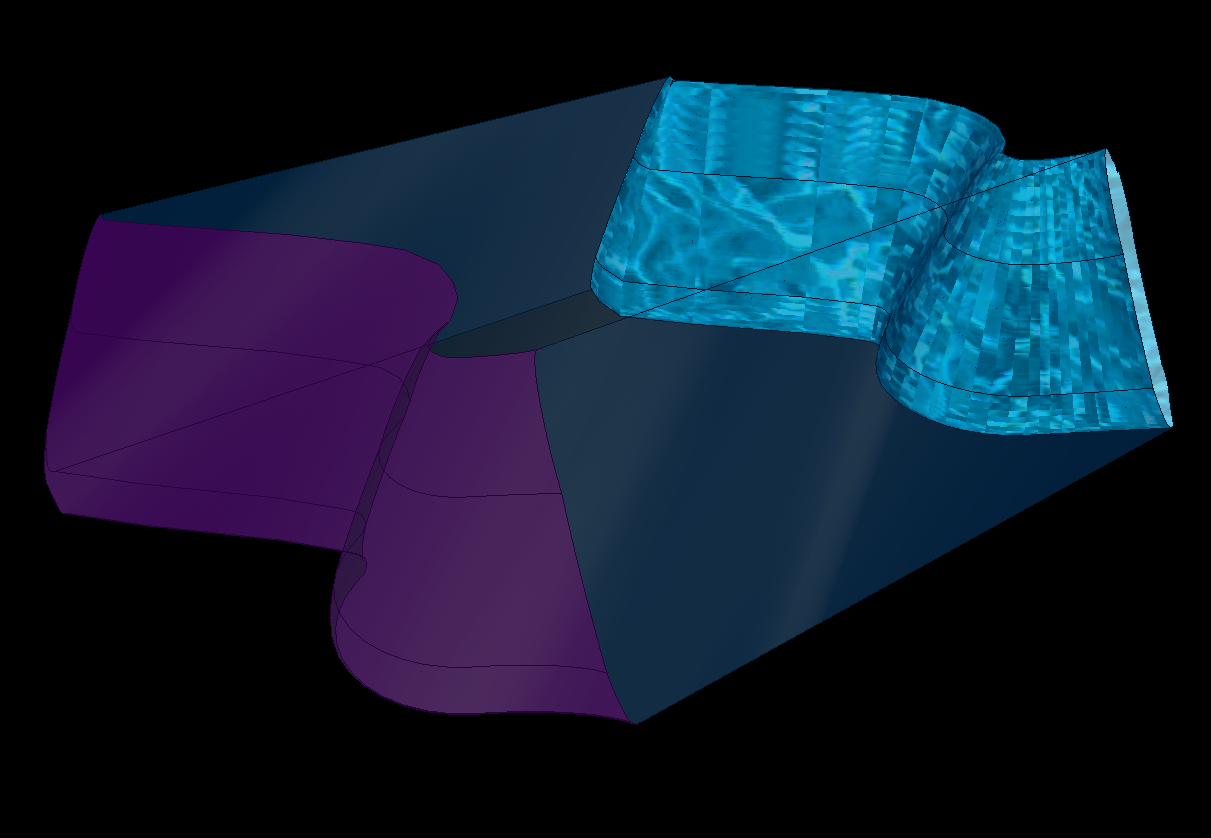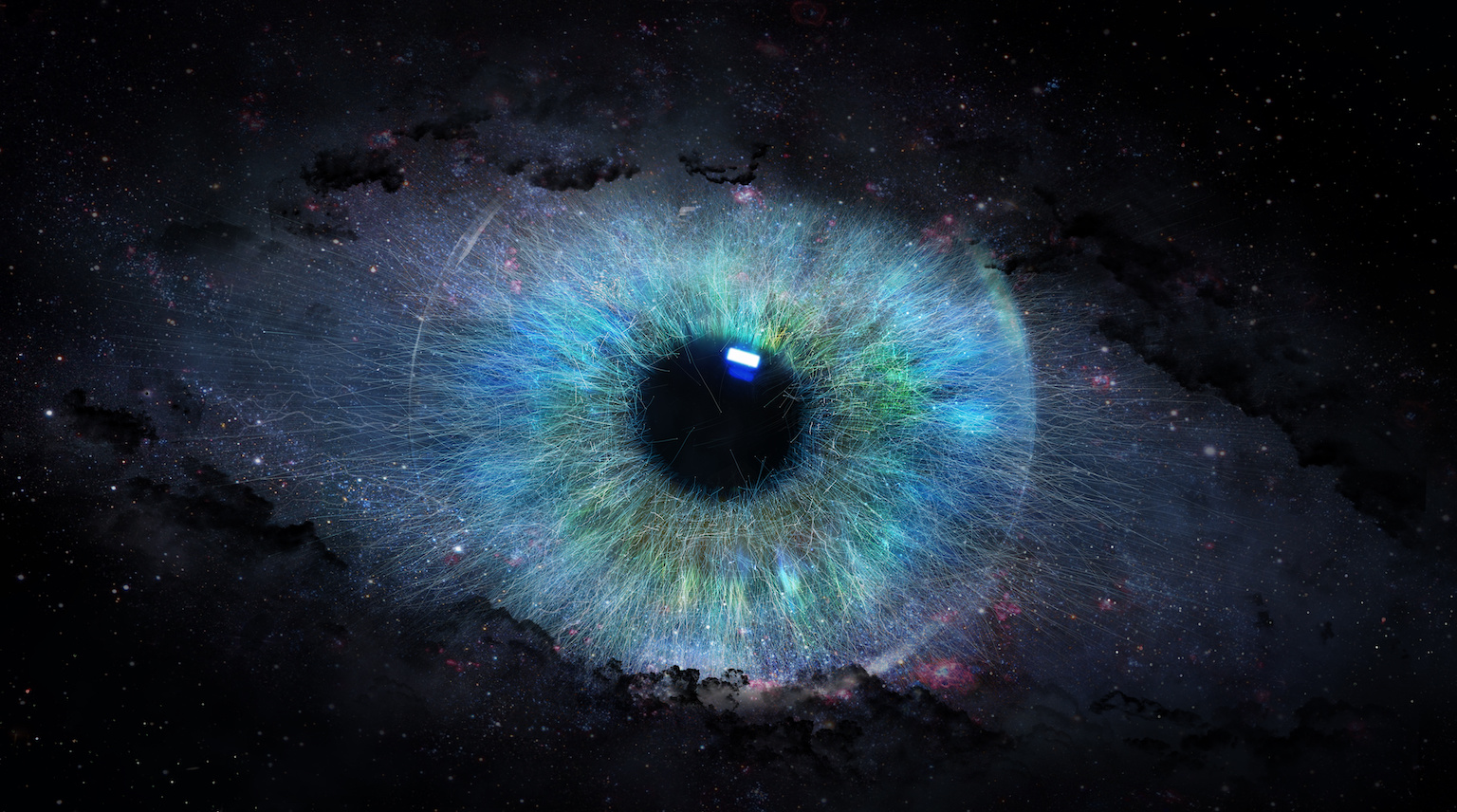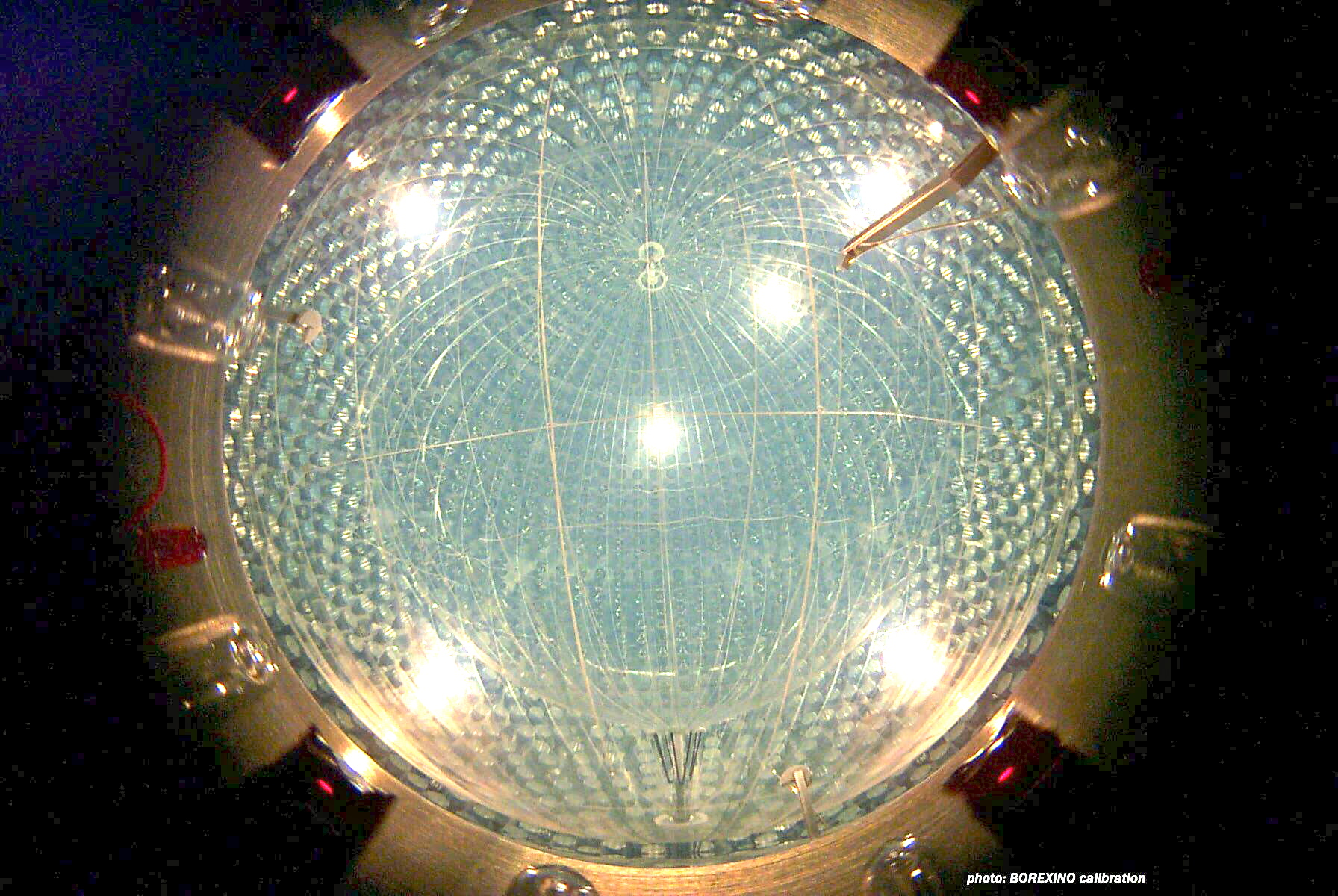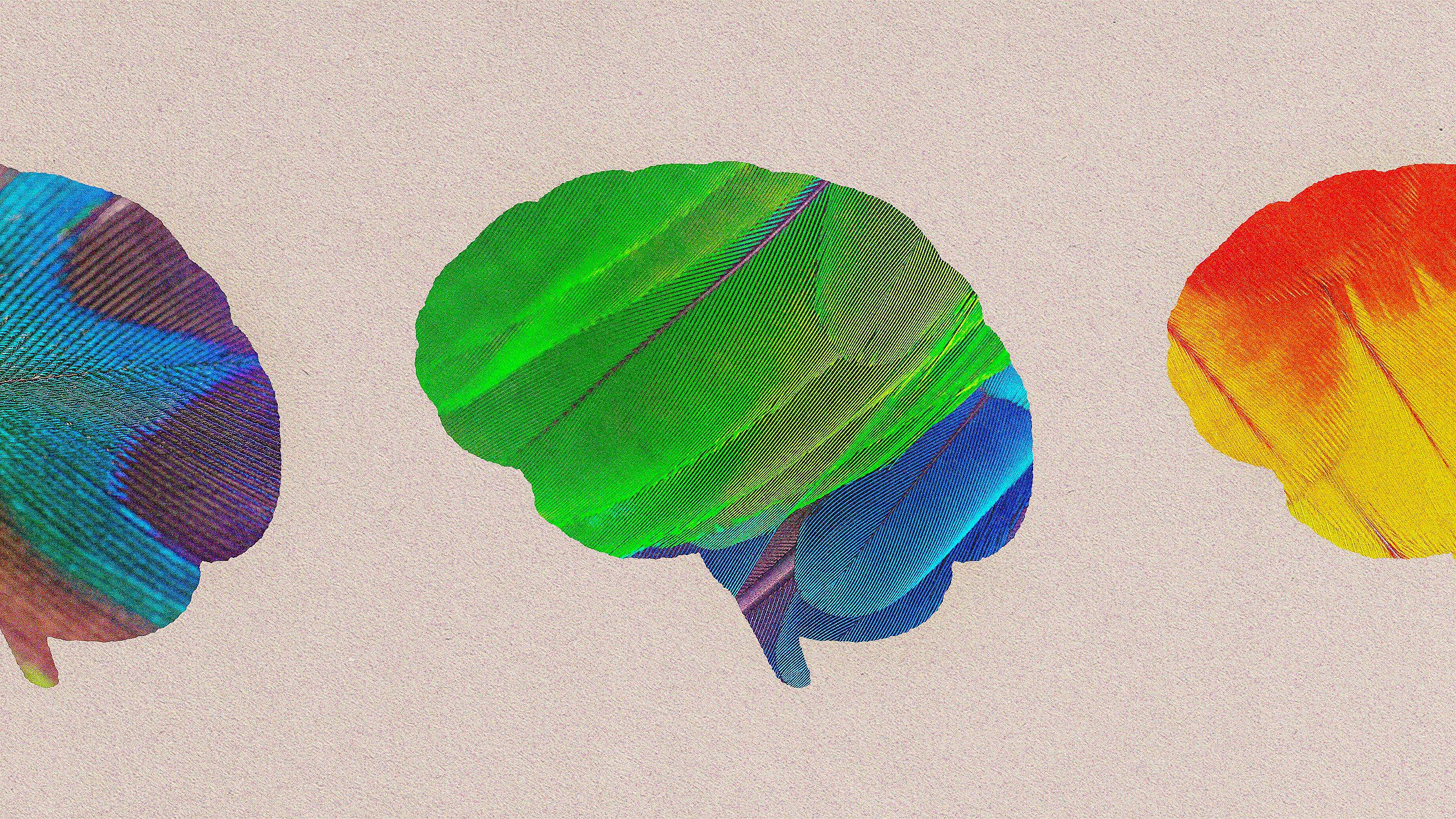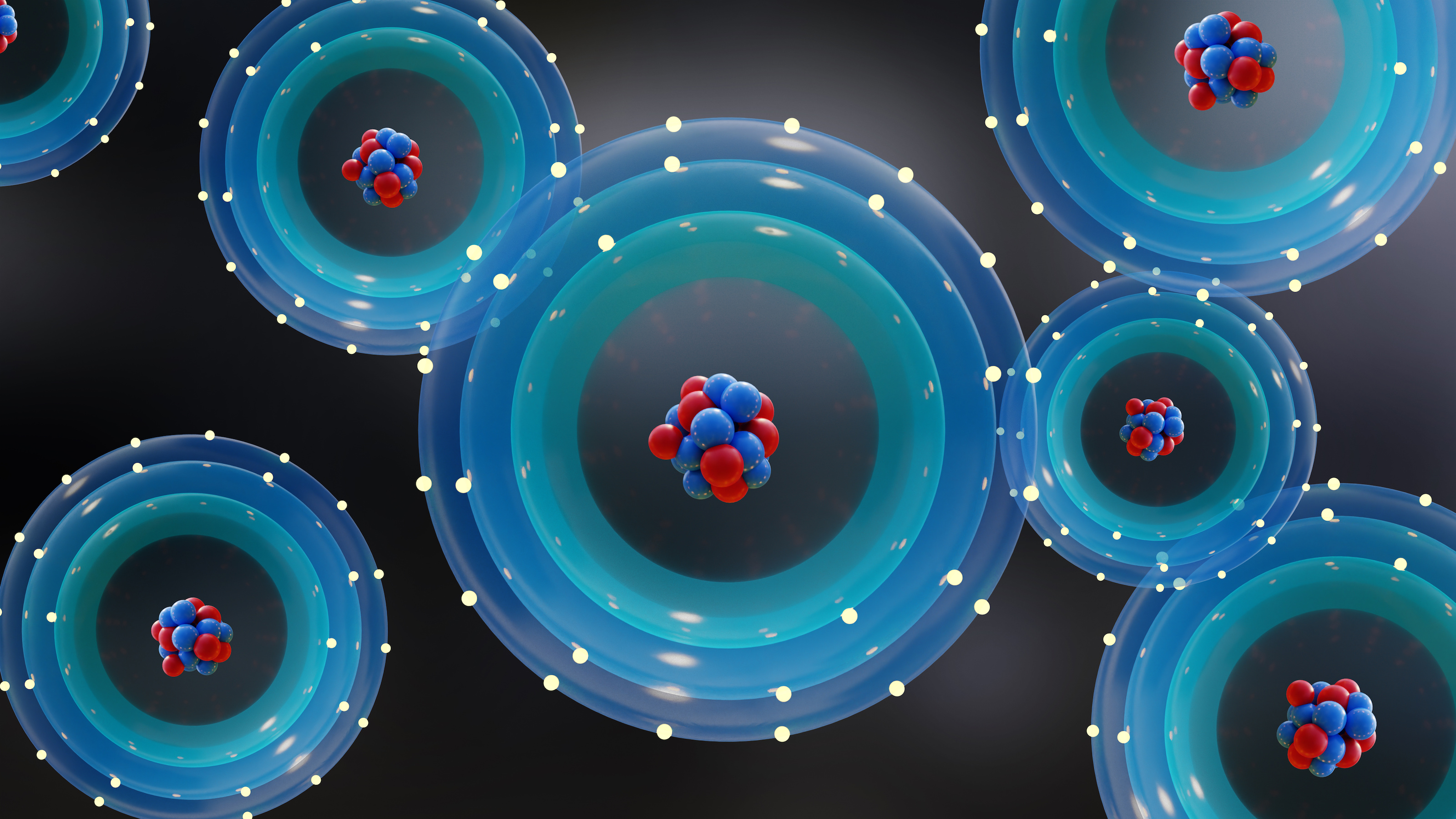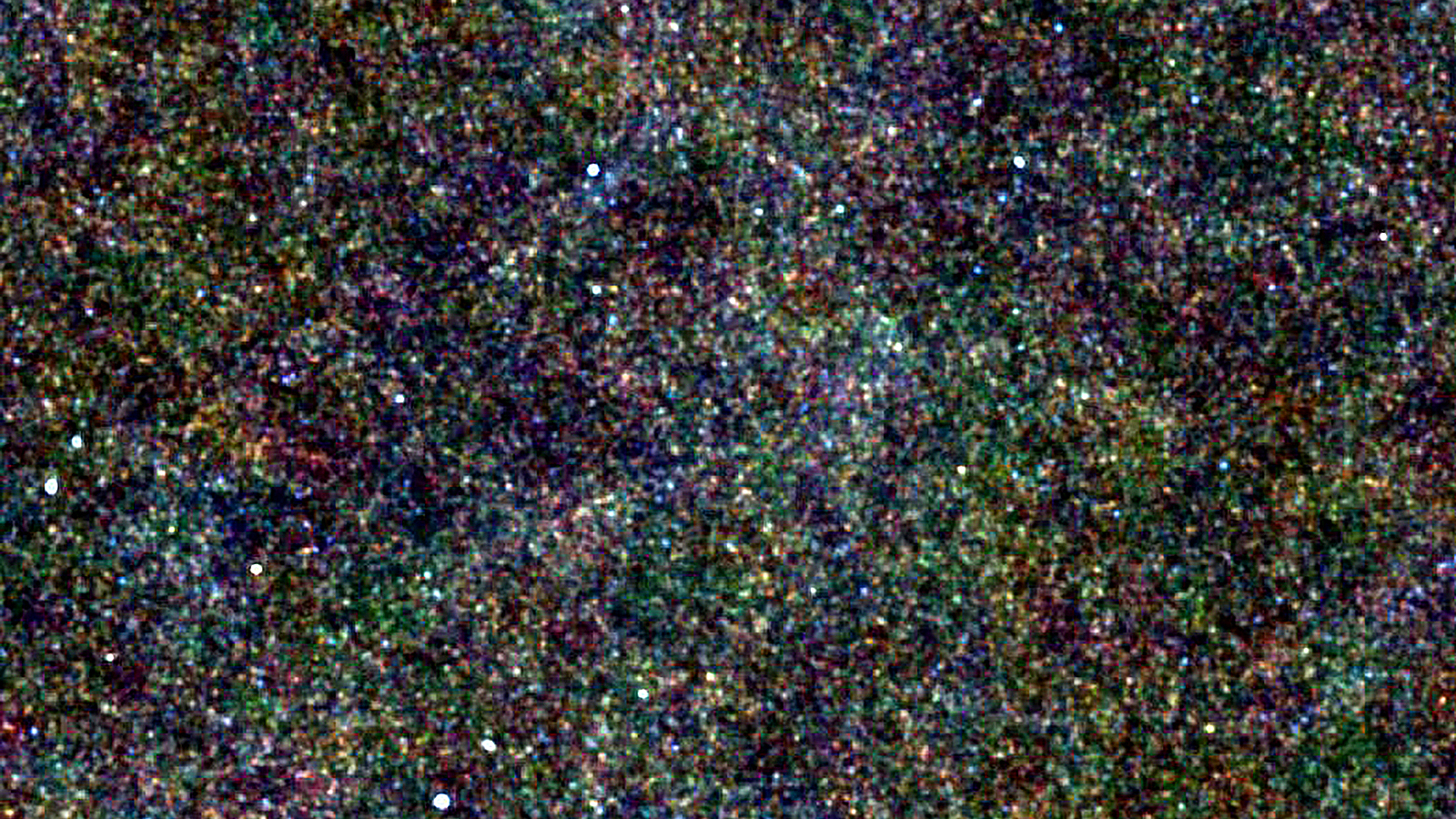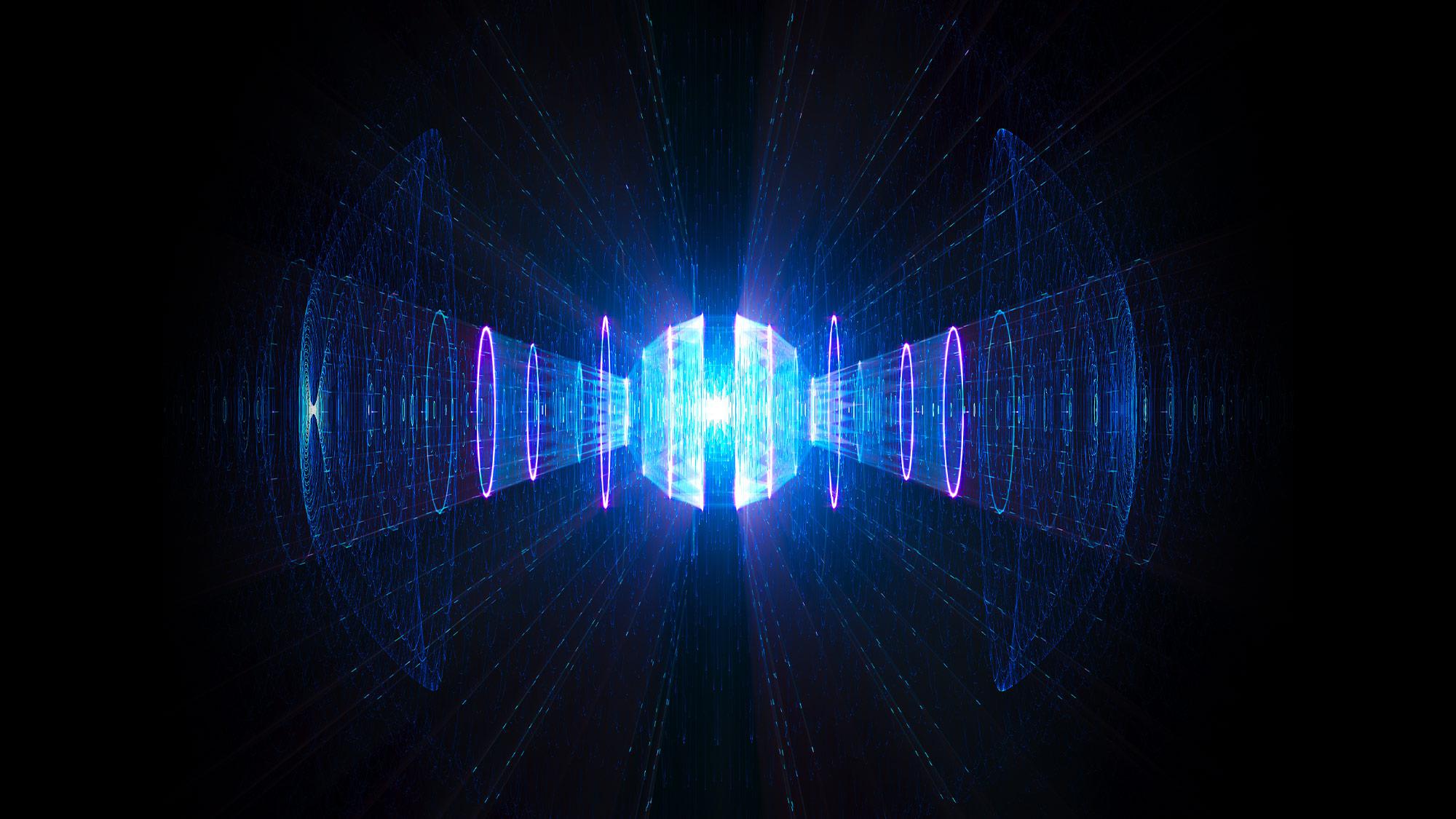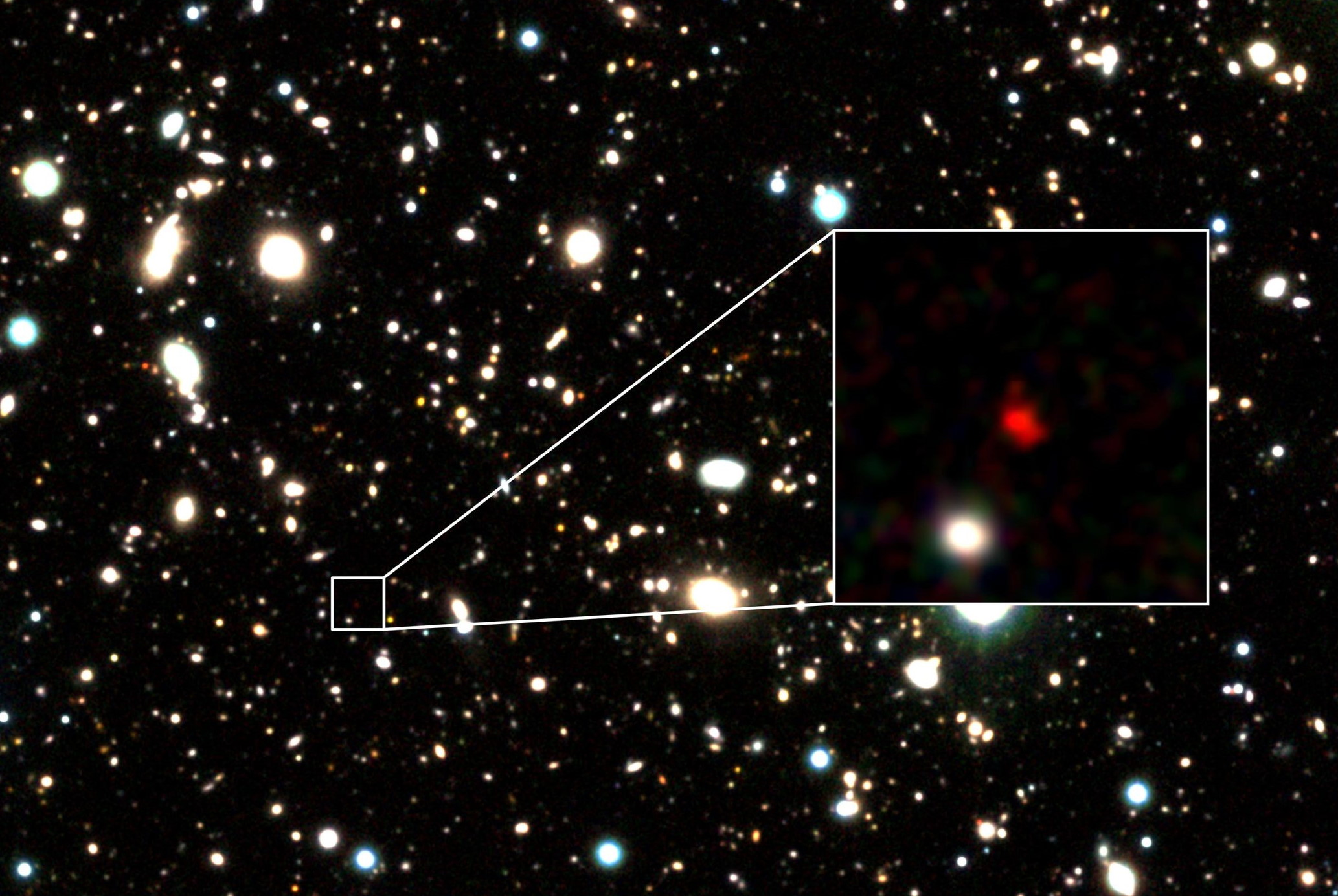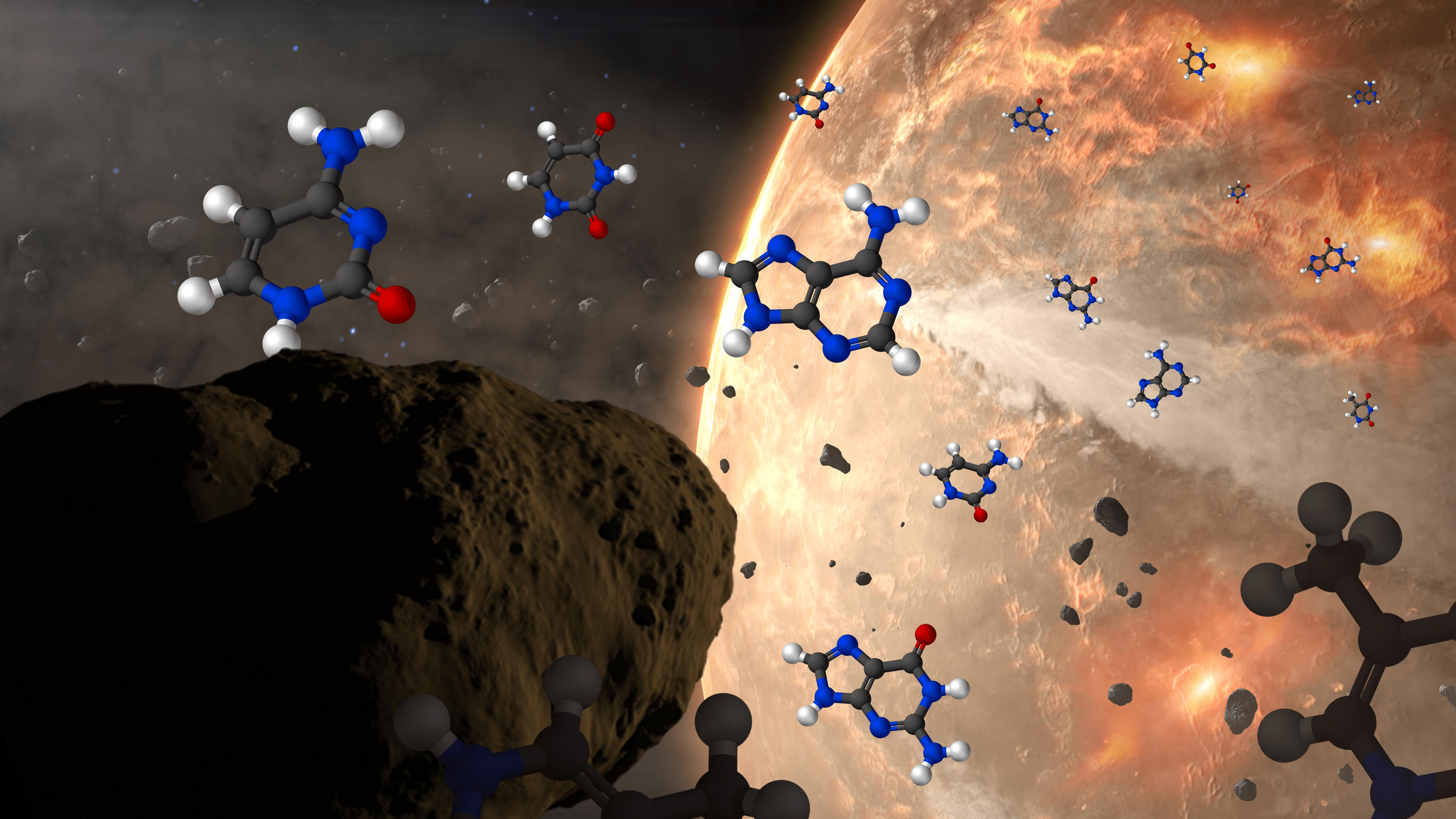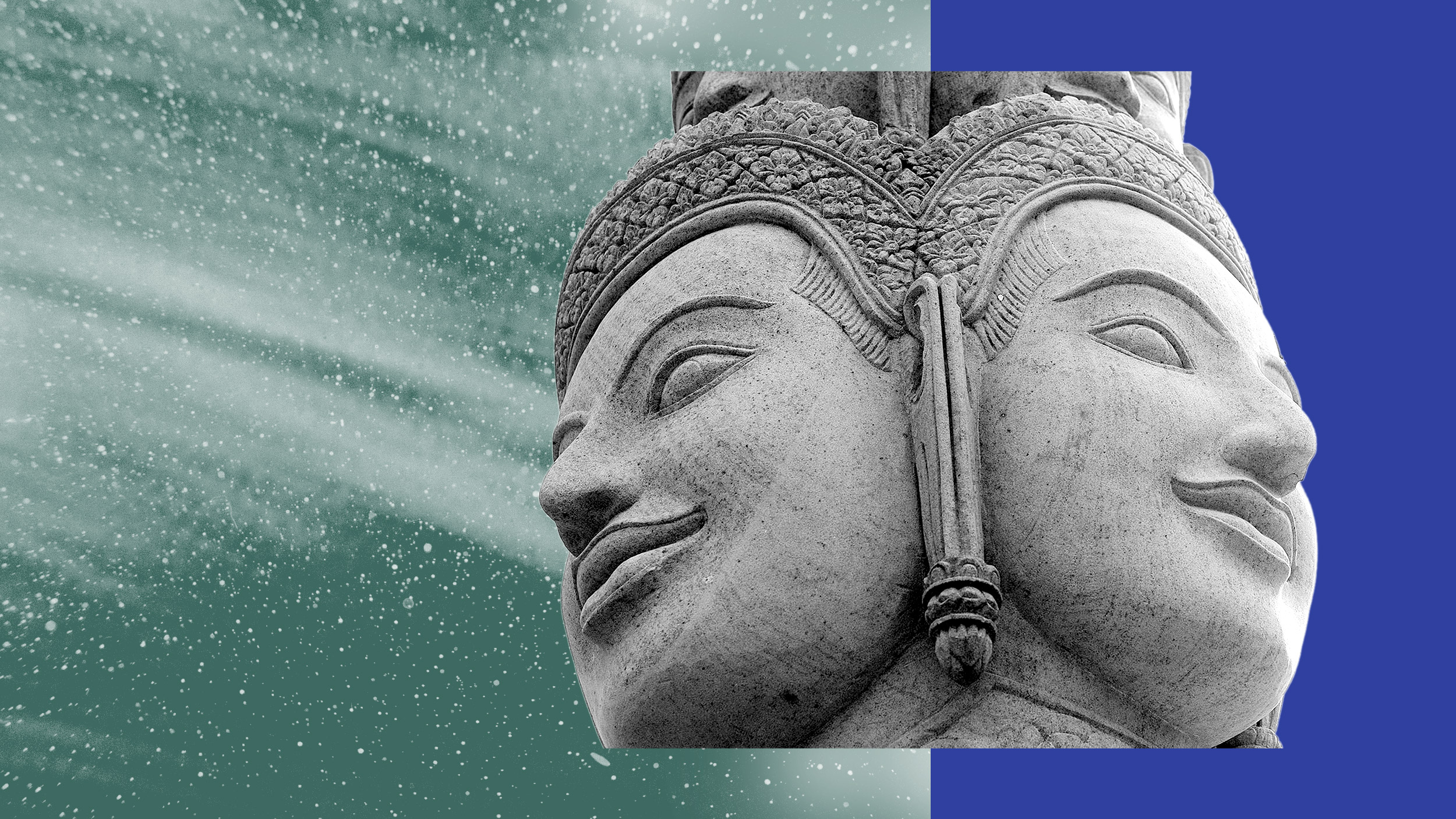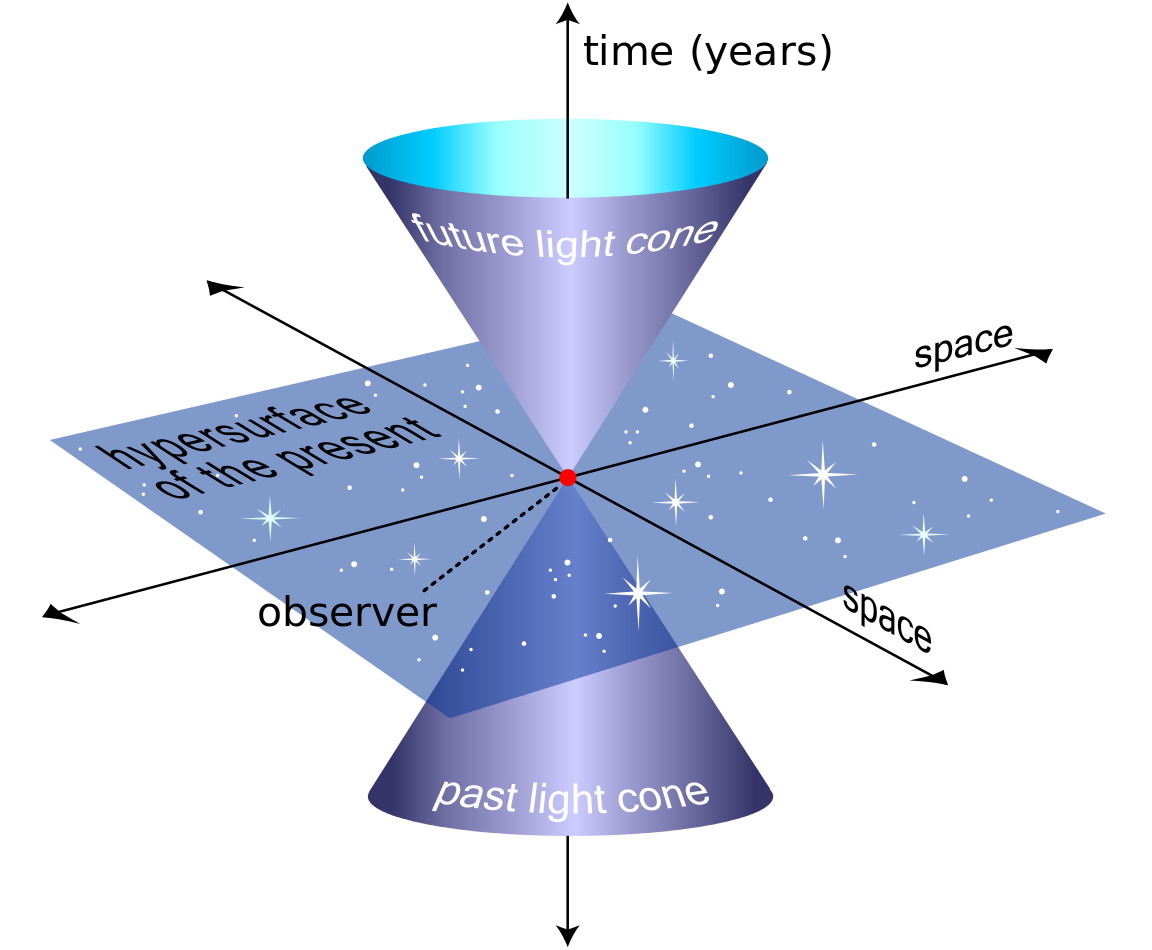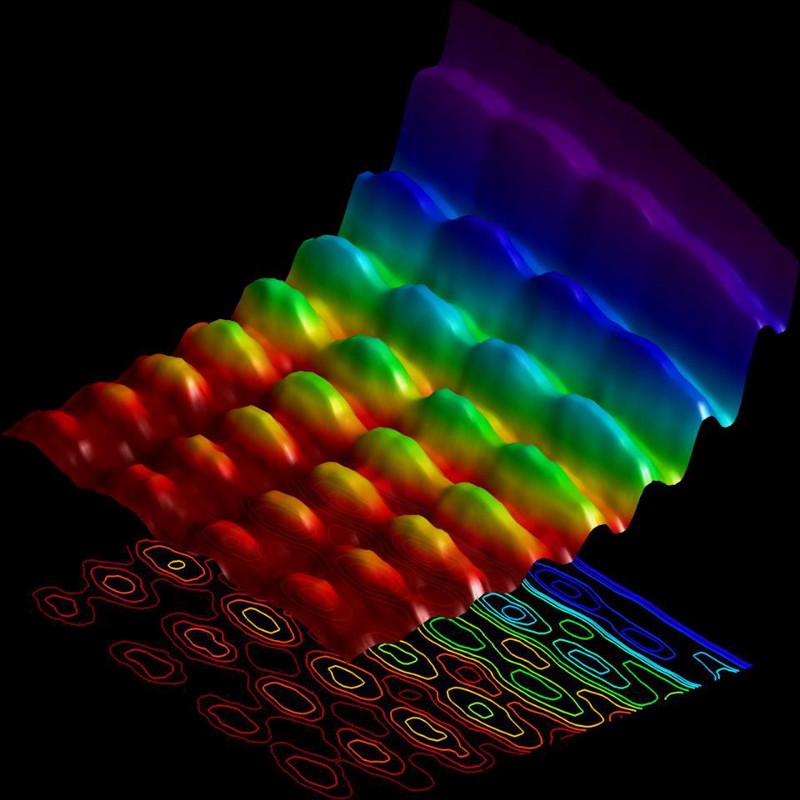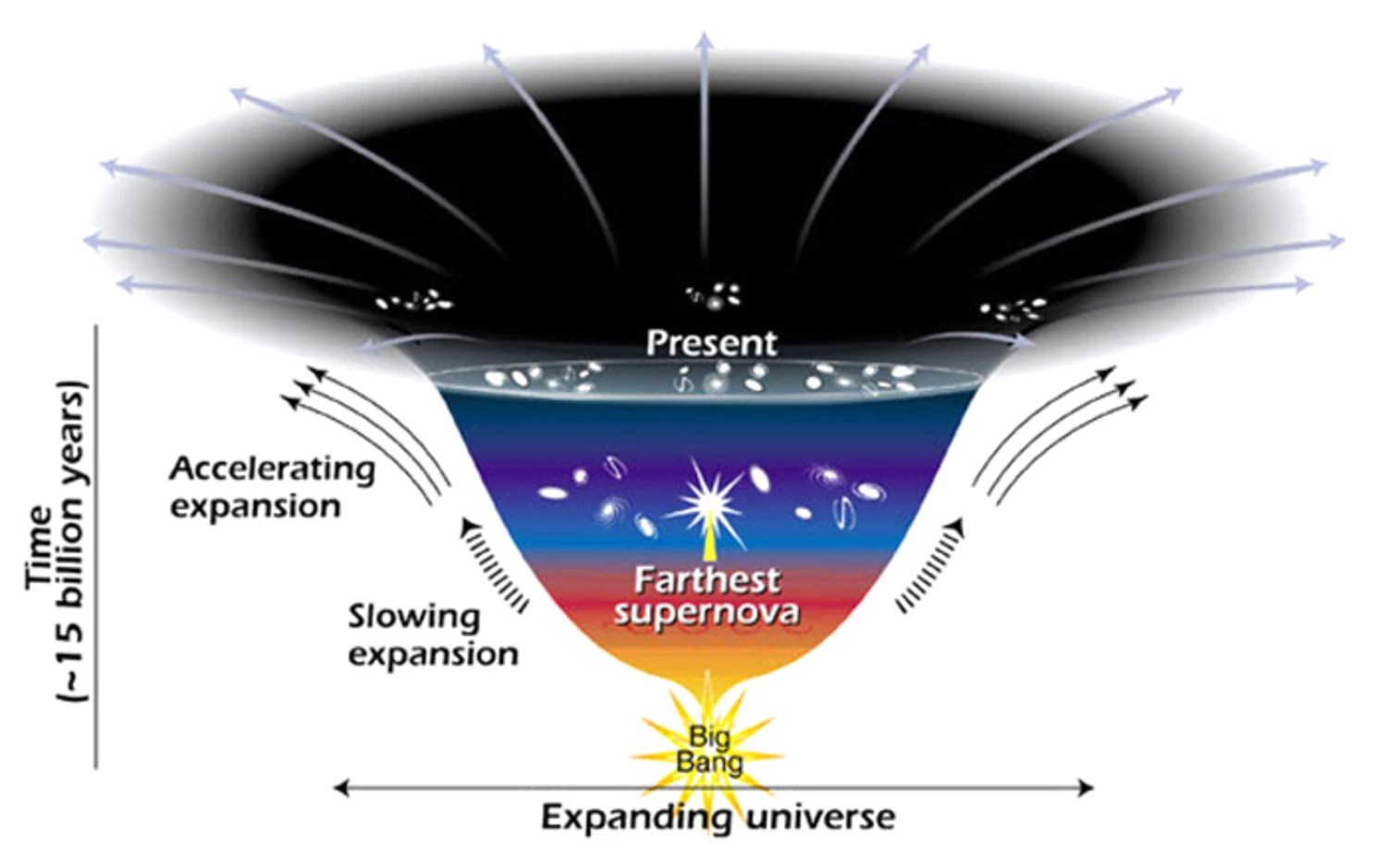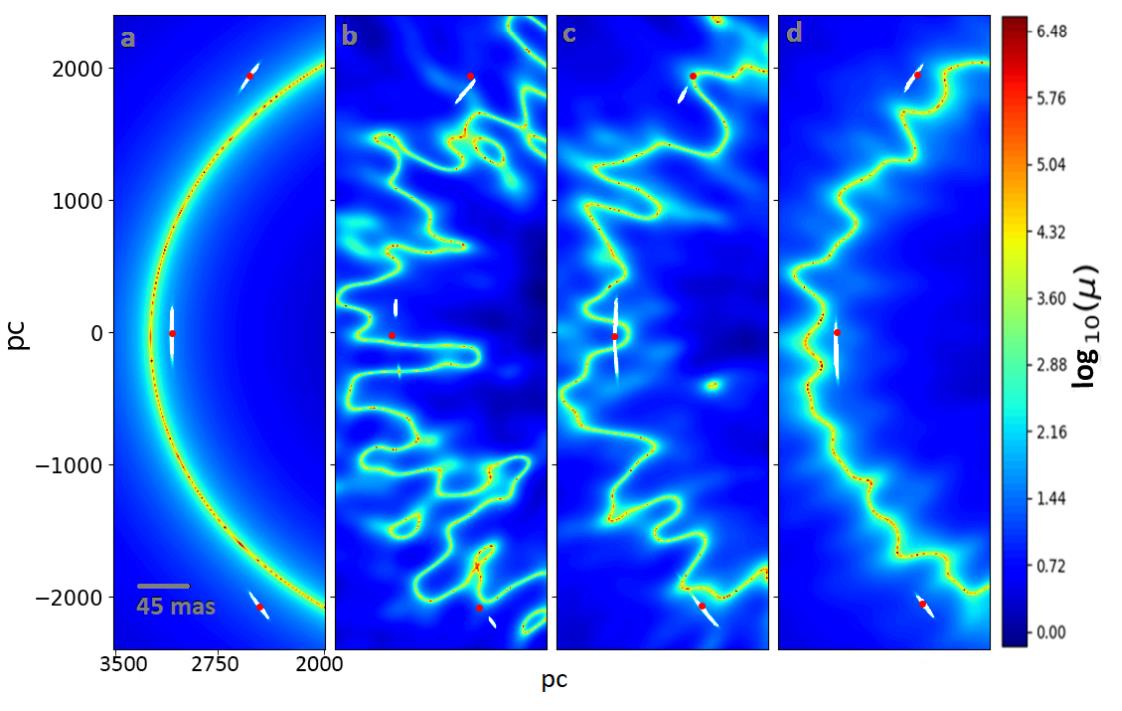The most celebrated genius in human history didn’t just revolutionize physics, but taught many valuable lessons about living a better life.
Search Results
You searched for: quantum
Going to smaller and smaller distance scales reveals more fundamental views of nature, which means if we can understand and describe the smallest scales, we can build our way to […]
Theory without experiment is blind, and experiment without theory is lame.
Popular media often frame scientists as having a cold, sterile view of the world. That couldn’t be further from the truth.
From how life emerged on Earth to why we dream, these unanswered questions continue to perplex scientists.
From the earliest stages of the hot Big Bang (and even before) to our dark energy-dominated present, how and when did the Universe grow up?
If the evolution of the Universe is a movie, what happens when we rewind it all the way backward?
Every time our Universe cools below a critical threshold, we fall out of equilibrium. That’s the best thing that ever happened to us.
Is the time crystal really an otherworldly revolution, leveraging quantum computing that will change physics forever?
There are a few possible solutions to the problem of interstellar travel, but they largely remain within the realm of science fiction.
Neutrons can be stable when bound into an atomic nucleus, but free neutrons decay away in mere minutes. So how are neutron stars stable?
We can reasonably say that we understand the history of the Universe within one-trillionth of a second after the Big Bang. That’s not good enough.
Three fundamental forces matter inside an atom, but gravity is mind-bogglingly weak on those scales. Could extra dimensions explain why?
The Kalam cosmological argument asserts that everything that exists has a cause, and what caused the Universe? It’s got to be God.
It’s been 65 years since Richard Feynman saw “plenty of room” in the nano-world. Are we finally getting down there?
In physics, we reduce things to their elementary, fundamental components, and build emergent things out of them. That’s not the full story.
The secret sauce is the real world.
Back during the hot Big Bang, it wasn’t just charged particles and photons that were created, but also neutrinos. Where are they now?
The transformational change driven by AI will elevate neurodiversity inclusion as an organizational asset, argues Maureen Dunne.
With a massive, charged nucleus orbited by tiny electrons, atoms are such simple objects. Miraculously, they make up everything we know.
All the things that surround and compose us didn’t always exist. But describing their origin depends on what ‘nothing’ means.
Quantum theory has weird implications. Trying to explain them just makes things weirder.
We’ve fooled ourselves before with galaxies that look just like this one. The evidence we have simply isn’t strong enough.
When the Universe was first born, the ingredients necessary for life were nowhere to be found. Only our “lucky stars” enabled our existence.
No. But Buddhism and quantum mechanics have much to teach each other.
We take for granted that time is real. But what if it’s only an illusion, and a relative illusion at that? Does time even exist?
Hidden variables aren’t ruled out, but they can’t get rid of quantum weirdness. Ever since the discovery of the bizarre behavior of quantum systems, we’ve been forced to reckon with […]
For some reason, when we talk about the age of stars, galaxies, and the Universe, we use “years” to measure time. Can we do better?
All forms of energy affect the expanding Universe. But if matter and radiation slow the expansion down, how does dark energy speed it up?
The best evidence for dark matter is astrophysical and indirect. Do new lensing observations point to ultra-light, wave-like dark matter?
